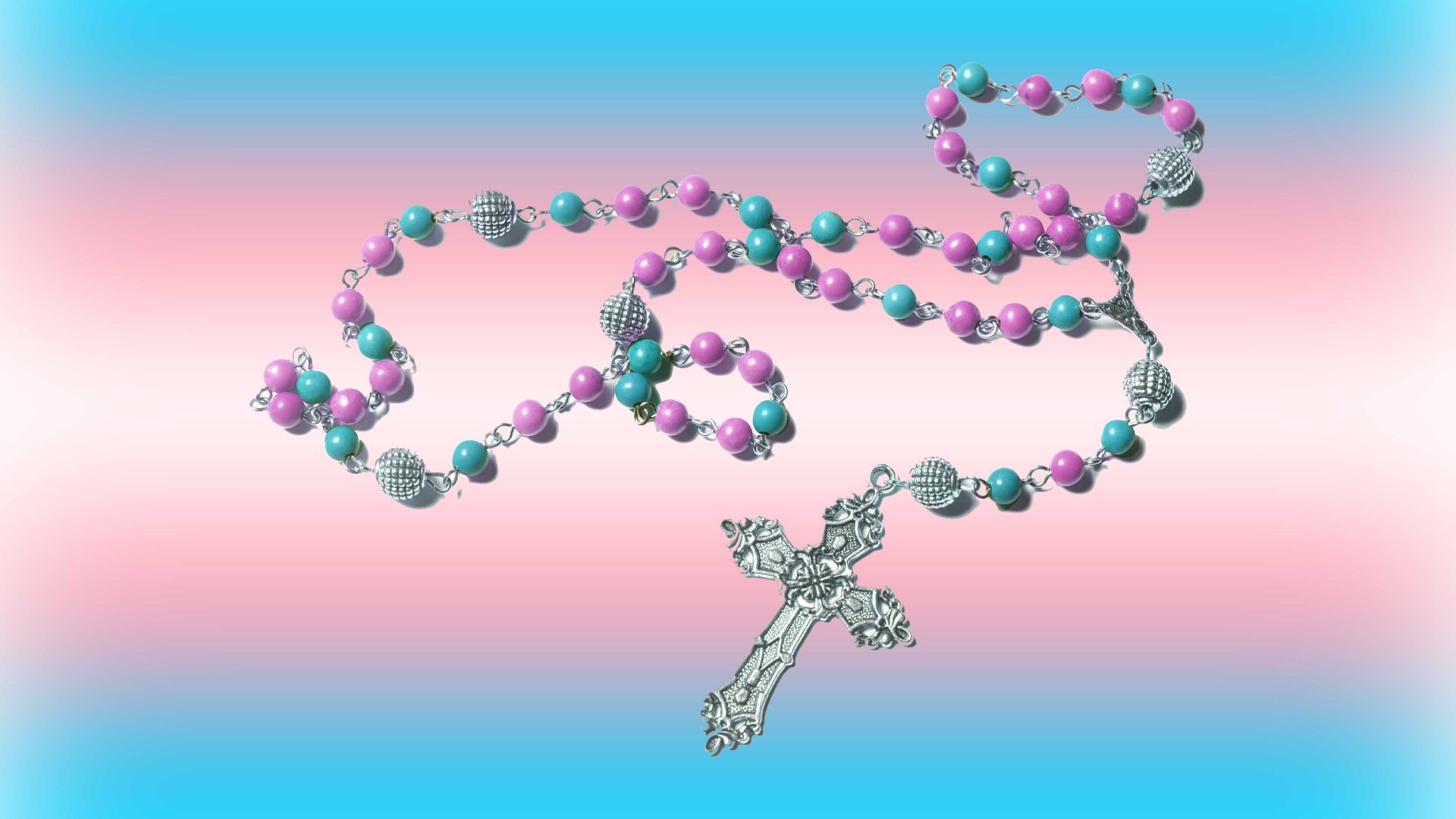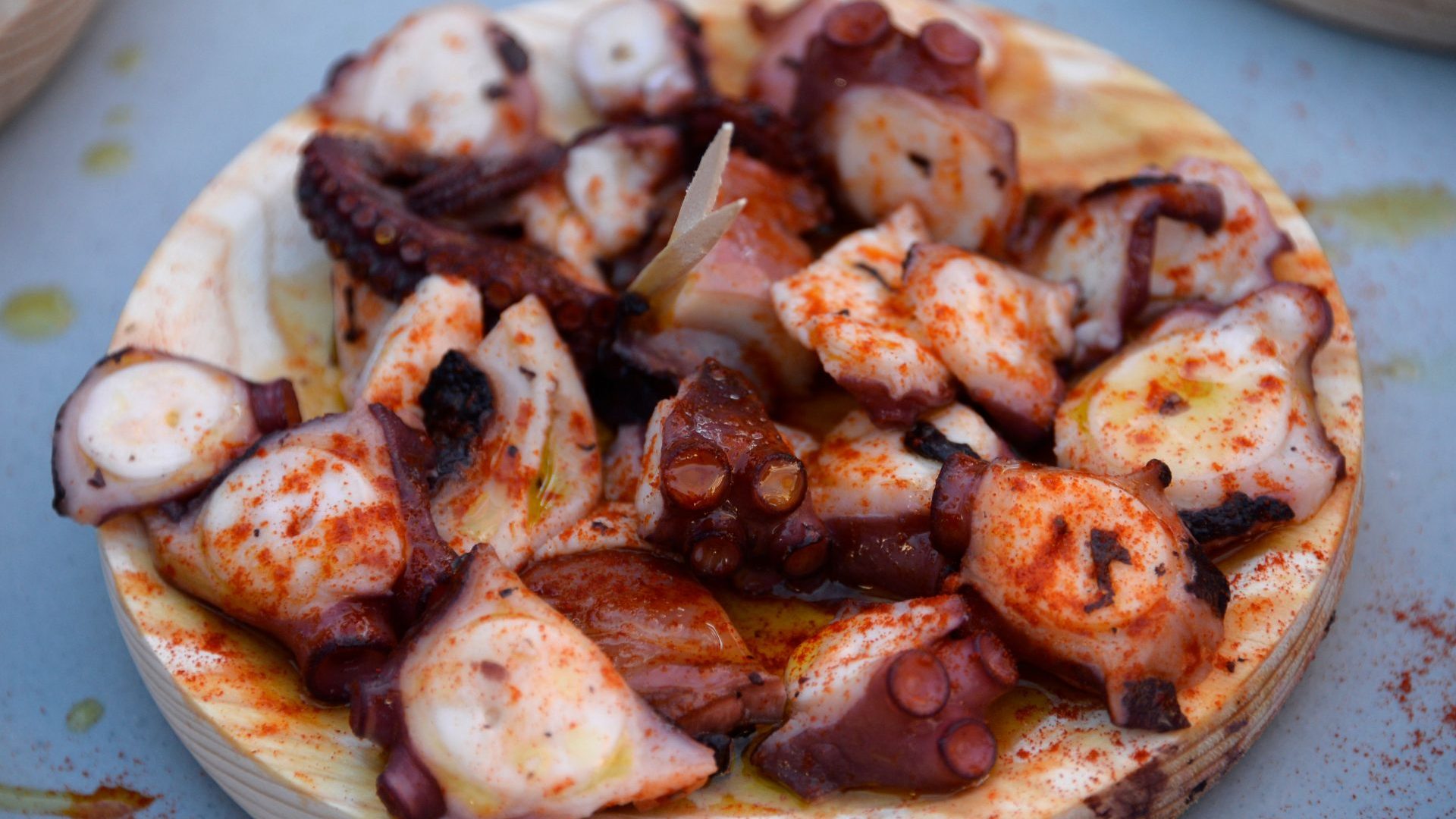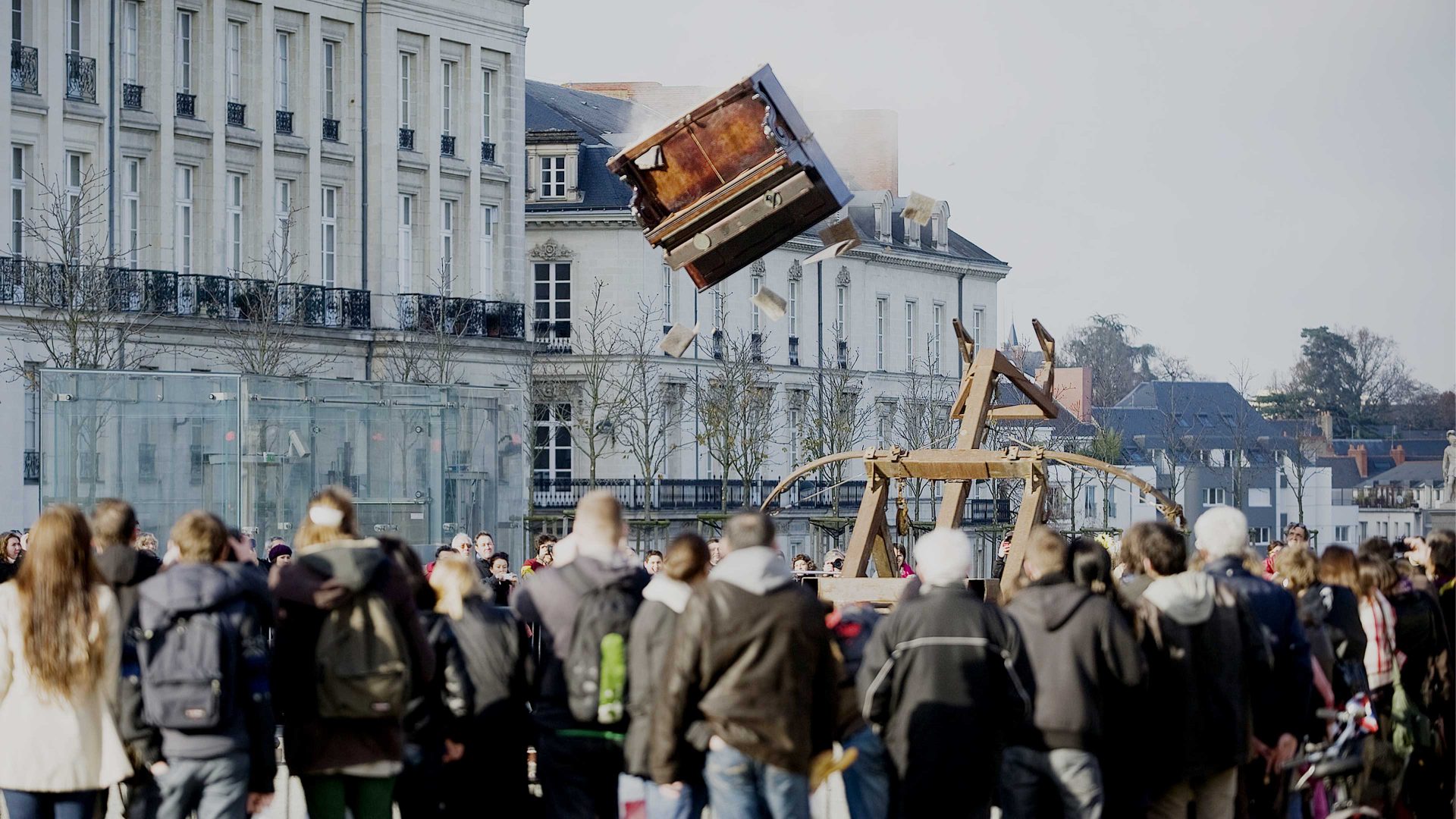I was recently sipping a Martini at one of Rome’s bars in the picturesque gay neighbourhood – called, quite fittingly, “Coming Out” – when the TV blasted out some shocking news. The Vatican had announced that it would allow transgender people and babies of same-sex couples to be baptised and to attend religious ceremonies. Quite the revolution.
I looked around: all eyes were on the screen and a few jaws dropped in wonder. Silence filled the room; everyone froze to fully take in the meaning of what had just been announced.
One trans person sitting over at the counter, hugged her partner, kissed her and said: “Oh what the hell, I’d rather be damned each day if that means being with you, baby. Who cares what the Church thinks? I don’t need their blessing. Hell is a much more fun place than heaven.”
The unexpected Vatican ruling also states that trans people, including those who have undergone gender reassignment procedures, can be godparents and witnesses at Catholic weddings and other celebrations.
This is a first for Italy, where for millennia all “non-natural” relationships that transcend those between a man and a woman have been considered sinful. But more recently, debates over the status of trans and gay people have become more intense – and also more accepting – within church synods, with Pope Francis advocating “more open minds”. Everyone, he believes, is a child of God, no matter their sexual orientation.
But here in this little corner of Rome, tucked away in the narrow cobbled alleyways behind the Coliseum and the Roman Forum, the local LGBTQ community has always felt at home.
Rome’s gay district, enclosed on Via San Giovanni in Laterano, a place packed with churches and religious sites, is not a sponsored tourist highlight, although it has a certain appeal.
There’s a cool, laid-back yet avant-garde vibe, and even grannies going out for groceries have come to appreciate the wild parties, albeit from their balconies. Older Romans no longer run away in horror when they spot two people of the same gender holding hands.
Perhaps unusually for a gay bar, the Coming Out has a panoramic view of one of the greatest sites in European antiquity – the Flavian Amphitheatre. You can turn up here for breakfast, and hang out all day. There’s karaoke, live bands – the usual.
In other words, Rome’s gay scene is much like that in any other European city, and has developed despite the heady smell of the Catholic incense. In this district, nobody has ever really cared what the Vatican thought about them. A guy sitting next to me shook his head and said: “Who says a transgender person isn’t already baptised, if his parents did it for him when he was born?” He’s got a point.
“And how can a baby know if he will be straight or not? This is really stupid,” he says, throwing his hands up in the air.
I don’t usually frequent this district, but a few friends of mine are gay and I like to spend time with them in their own habitat, curious to see if it’s any different to my usual spots. And it’s not.
When I spoke to my 90-year-old uncle, he was furious about the Vatican’s decision. He belongs to the old guard, and stands by the Italian ideal of the die-hard macho Latin lover. Being gay, and anything else in that universe, to him just goes against nature.
“This is very dangerous. Sacraments are a dead serious matter, especially baptism, which brings us into the Christian world and washes away the original sin. Next thing we know, priests will be officiating at and blessing gay weddings.”




